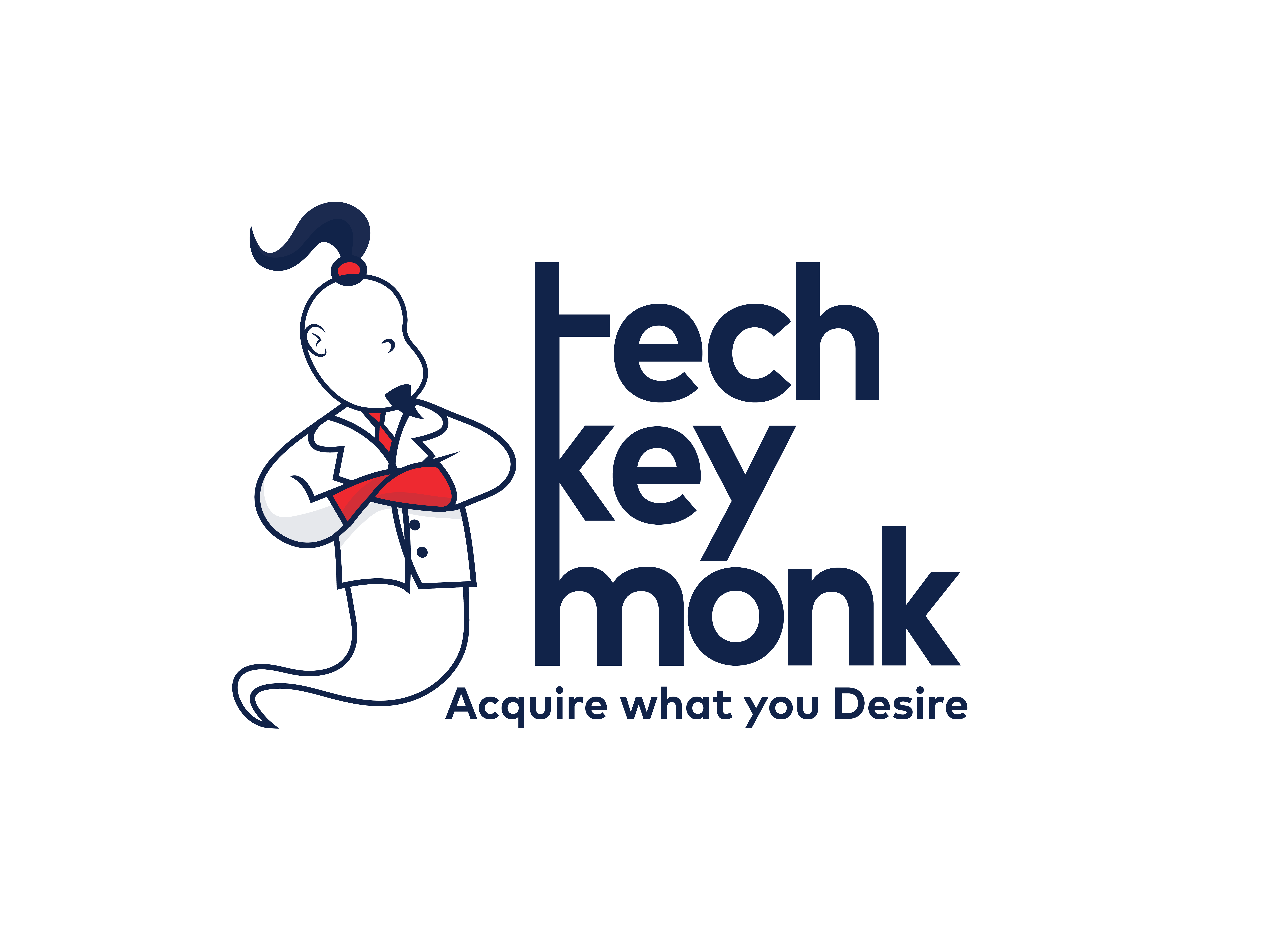September 3, 2024
By techkeymonk
CRM
- Advanced CRM – The Key to Scalability and Business Expansion
- Advanced CRM features enable streamlined data management and reduced workflow inefficiencies. The system can also speed up sales processes by automating lead assignment and logging customer calls.
- CRM systems help tech companies create highly personalized experiences that resonate with customers. This is possible thanks to the insights they provide through analyzing customer behaviours thoroughly.
Personalized Customer Experiences- In the tech sector, delivering personalized customer experiences is key to increasing customer satisfaction and loyalty. Advanced CRM systems empower technology companies to create targeted marketing campaigns, deliver tailored support to meet customers’ specific needs, and improve overall customer engagement. This enables tech companies to deepen their relationships with customers while ensuring they remain competitive in the market.
- CRM tools enable effective teamwork between different departments, providing a comprehensive overview of all customer data and helping to ensure that each department is aligned with the company’s goals. For example, a CRM can allow a customer service rep to track a customer’s purchase history so they can offer a tailored response that is relevant to the individual. Similarly, a sales rep can use a CRM to access customer information to track the success of various marketing campaigns and target future efforts accordingly.
- An advanced Customer Relationship Management also allows for the automation of customer follow-ups, eliminating the need for manual outreach and saving valuable resources. Additionally, a CRM can be used to assign customer requests to the appropriate specialists, reducing the time that customers spend waiting while their issues are bounced around from one person to another. An effective CRM platform can also help to streamline internal communication by enabling teams to share information and collaborate on projects. This can improve employee productivity, resulting in better customer experience and increased profit.

- Data-Driven Decision-Making
- As data-driven business strategies become increasingly crucial, it’s important to find a CRM solution that offers robust analytics and reporting capabilities. This will allow you to leverage customer behavior trends and insights to improve your sales performance and marketing tactics. It will also help you predict future market shifts and customer behaviors, so you can adjust your operations accordingly.
- The first step in making data-driven decisions is to collect and organize your data. This involves gathering relevant information from a variety of sources, including customer interactions, surveys, market research, website analytics, social media metrics, and sales figures. Once your data is collected, it undergoes rigorous analysis to identify actionable insights and patterns. This step is crucial because it eliminates guesswork and emotional responses, allowing you to make objective choices that maximize your results.
- Lastly, it’s essential to find a CRM that streamlines data collection processes and reduces workflow inefficiencies. This will allow you to analyze your customer data quickly and accurately. For example, a CRM that incorporates data validation rules and duplicate management capabilities can prevent duplicated information from skewing your data analyses. It can also minimize the time it takes for end users to access the information they need. This will ultimately accelerate your decision-making and improve your overall productivity. This will help you achieve scalability and boost your bottom line.
Automation- In the life science industry, advanced CRM empowers teams across the organisation to leverage data and new capabilities that are critical for providing a customer-centric experience. From centralised data management and advanced analytics and reporting to effective contact and account management, customer support and service features and scalability and customisation capabilities, CRM automation can help you meet the needs of today’s customer while unlocking opportunities for future growth.
- Improved operational efficiency: CRM automation reduces manual work, enabling teams to save time and focus on more important tasks. For example, a sales rep can send a personalised email to a prospect automatically or set up follow-up reminders to check in on a key client. This can help to build stronger relationships, boost engagement and increase customer satisfaction and loyalty.
- Increased visibility: A CRM solution with an integrated document management feature can enable team members to upload, share and read all of the documents they need from within the system. This includes quotes, invoices, RFPs and contracts, while maintaining version control. Additionally, a CRM with an advanced pipeline tracking capability can allow users to track their progress against forecasts and goals instantly using custom dashboards.
- CRM integrations also enable life science companies to streamline workflow inefficiencies by linking their CRM with tools like marketing and ecommerce platforms. This enables them to automate tasks, eliminate data duplication and provide a seamless customer experience.
Scalability- Whether your business is just starting out or has already achieved a solid foothold in the market, scalability is essential for future success. The right CRM solution can grow with your team and projects to accommodate new processes and a larger volume of data. Look for a platform that offers customization options to maximize functionality and meet your specific project management requirements.
- Advanced CRM systems are transforming the way tech companies engage with customers. By integrating cutting-edge technologies, such as AI and machine learning, CRM Softwares are capable of understanding customer needs and preferences even before customers themselves are aware of them.
- This insight can then be used to offer personalized interactions that enhance customer experience and foster loyalty. In a highly competitive market, this provides an immense competitive advantage for tech companies.
- A scalable CRM can also facilitate effective collaboration across teams. For example, by allowing team members to instantly access customer information and critical business data through an integrated database, CRM can help reduce manual work. This can increase productivity, improve teamwork, and ultimately deliver more streamlined operations for greater business performance.


